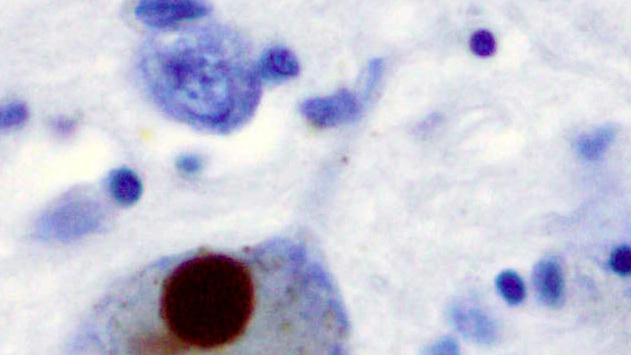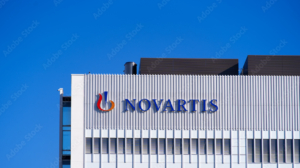
Novartis invests US$200min lacklustre Parkinson’s target
Swiss pharma major Novartis AG is investing money in the inhibition of the Parkinson's target alpha-synuclein, which has already failed several times in clinical trials. The Swiss company is licensing the siRNA programme ARO-SNCA from Arrowhead Pharmaceuticals for US$200m.
Arrowhead’s preclinical siRNA programme ARO-SNCA for the treatment of Parkinson’s and other synucleinopathies is worth an upfront payment of US$200m to Swiss Novartis AG, as well as milestone and sales bonuses of up to US$2bn. However, the antibody minzasolmin (UCB0599), developed in collaboration with Belgium’s UCB SA and targeting the same target, showed no effect in clinical trials. The same applies to Biogen’s antibody Cinpanemab (BIIB054), which did not achieve any significant effect on the course of the disease in Parkinson’s patients in a 52-week Phase II trial, and Roche’s monoclonal antibody Prasinezumab (RO7046015/PRX002), which failed in Phase IIb. Novartis is therefore now trying siRNA.
The Swiss company has secured exclusive rights to develop and commercialise the ARO-SNCA programme. As part of the agreement, Novartis can also select additional targets and develop siRNAs against them using Arrowhead’s TRiM platform.
Since the study data, with the exception of positive trends in subgroups, indicate that inhibition of alpha-synuclein does not lead to an improvement in motor scores in Parkinson’s patients, it can be assumed that Novartis has new targets in its portfolio that will henceforth be addressed with siRNAs, which are 10 times cheaper to produce than antibodies.
In December 2024, penny stock company Cognition Therapeutics Inc. reported progress in the field of Lewy body dementia, a Parkinson’s-like neurodegenerative disease in which dopaminergic neurons are destroyed as a result of the accumulation of alpha-synuclein oligomers. According to the results of a Phase II study presented at the International Lewy Body Dementia Conference, the oral sigma-2 receptor antagonist CT 1812 (zervimesin) led to an ~82% reduction in the total score on the Neuropsychiatric Inventory (NPI) and an ~91% improvement in cognitive fluctuations (attention).
Although the results have yet to be published, the share price rose sixfold. CT 1812 (Zervimesin) is designed to displace β-amyloid (Aβ) and α-synuclein from neuronal synapses. The company recently reached its 75% recruitment target for a Phase II Alzheimer’s trial, which had already met its primary endpoints in June of this year. According to Cognition Therapeutics, the drug, which has been approved by the FDA for Phase III trials in Alzheimer’s disease, slowed the progression of the disease by 95%. The publication of detailed data suggesting that an interaction between clumped oligomers and the sigma-2 receptor complex leads to the death of nerve cells is eagerly awaited.


 adobe stock photos - Michael Derrer Fuchs
adobe stock photos - Michael Derrer Fuchs  White House
White House GSK
GSK